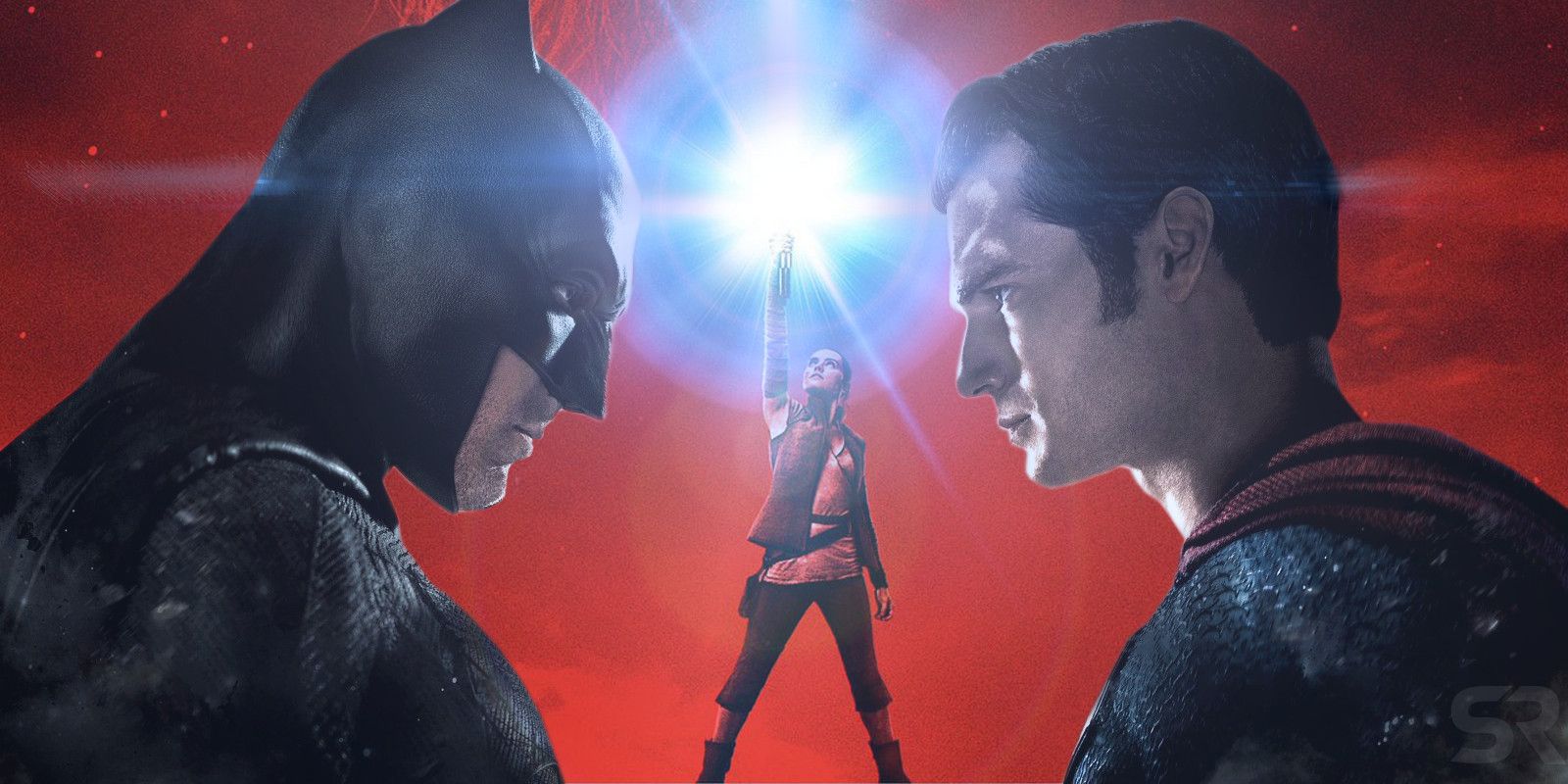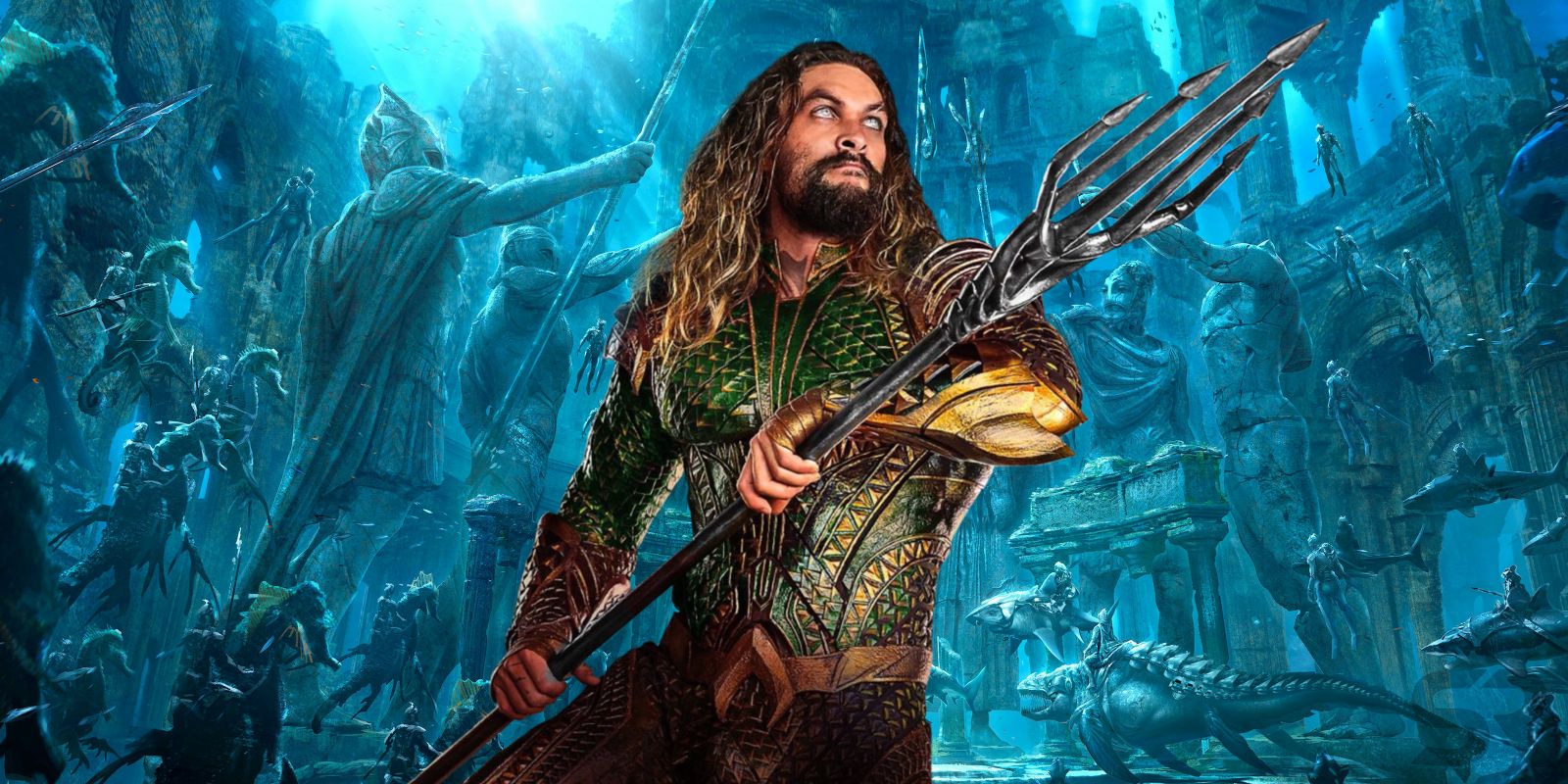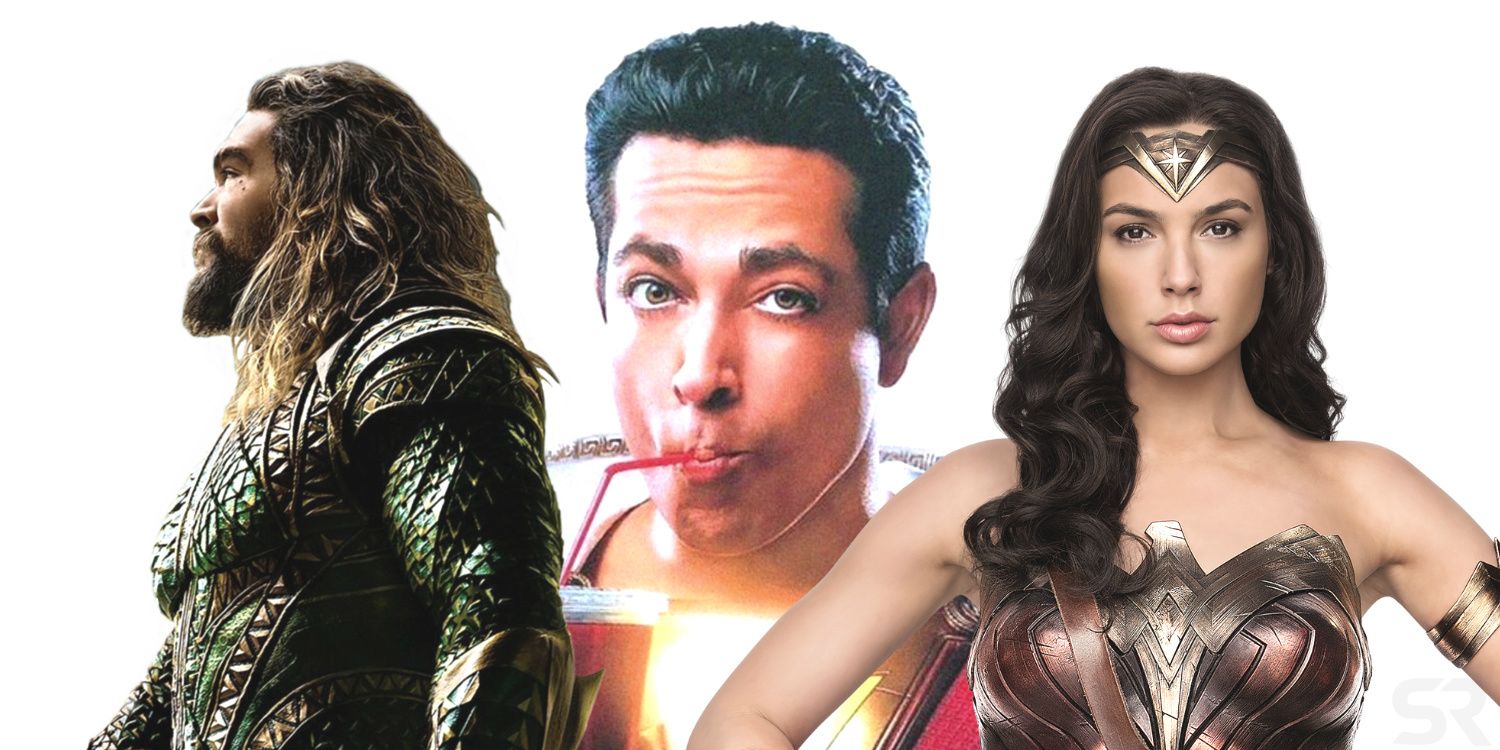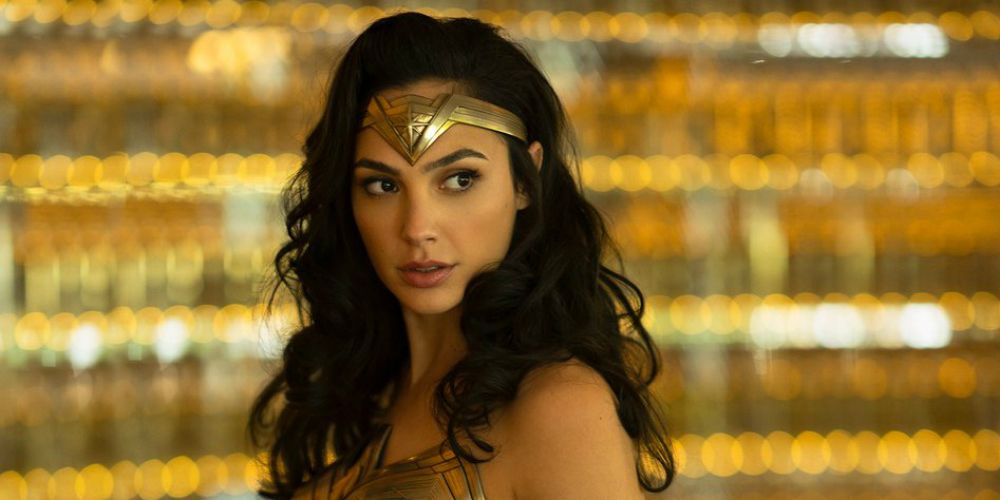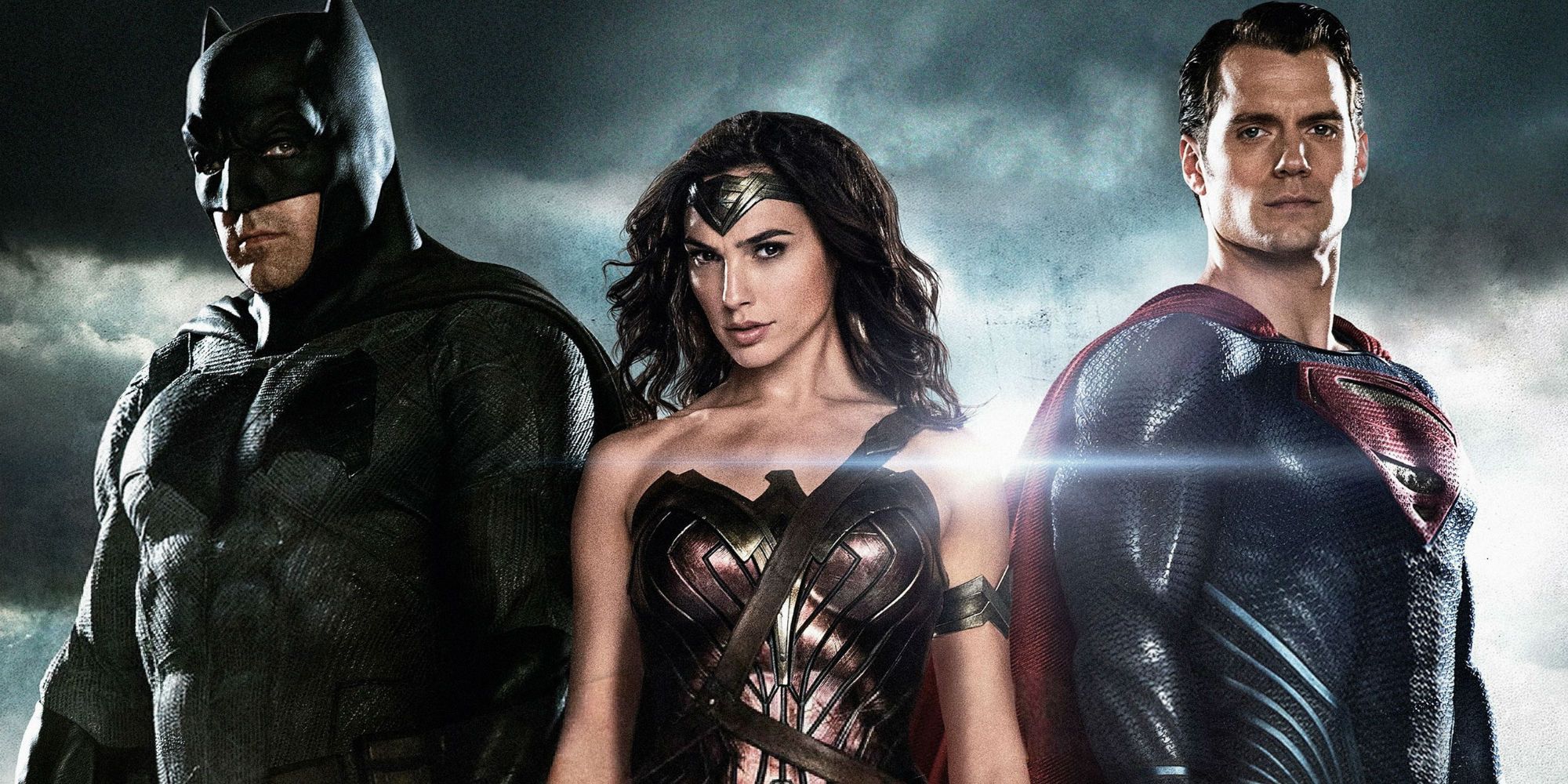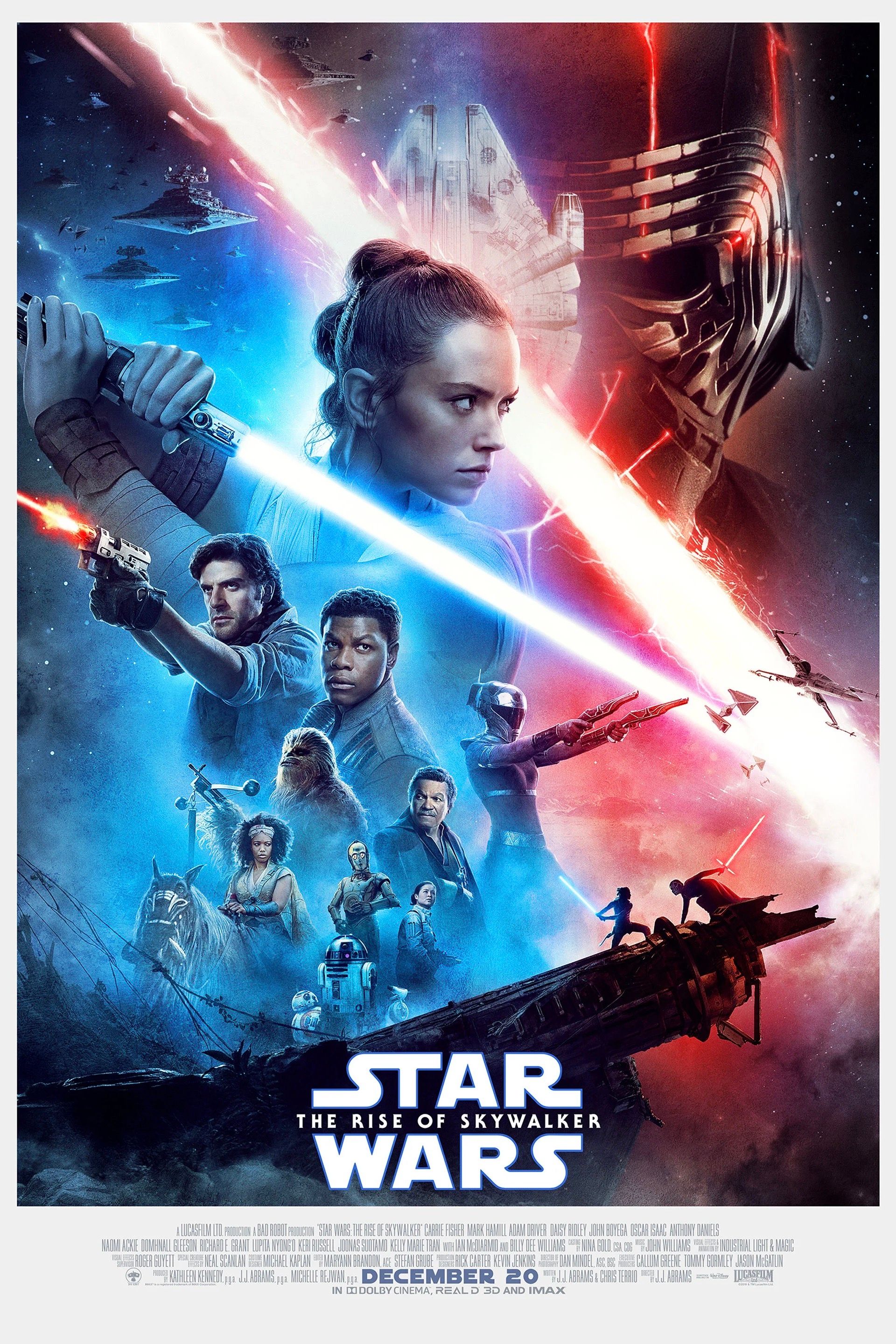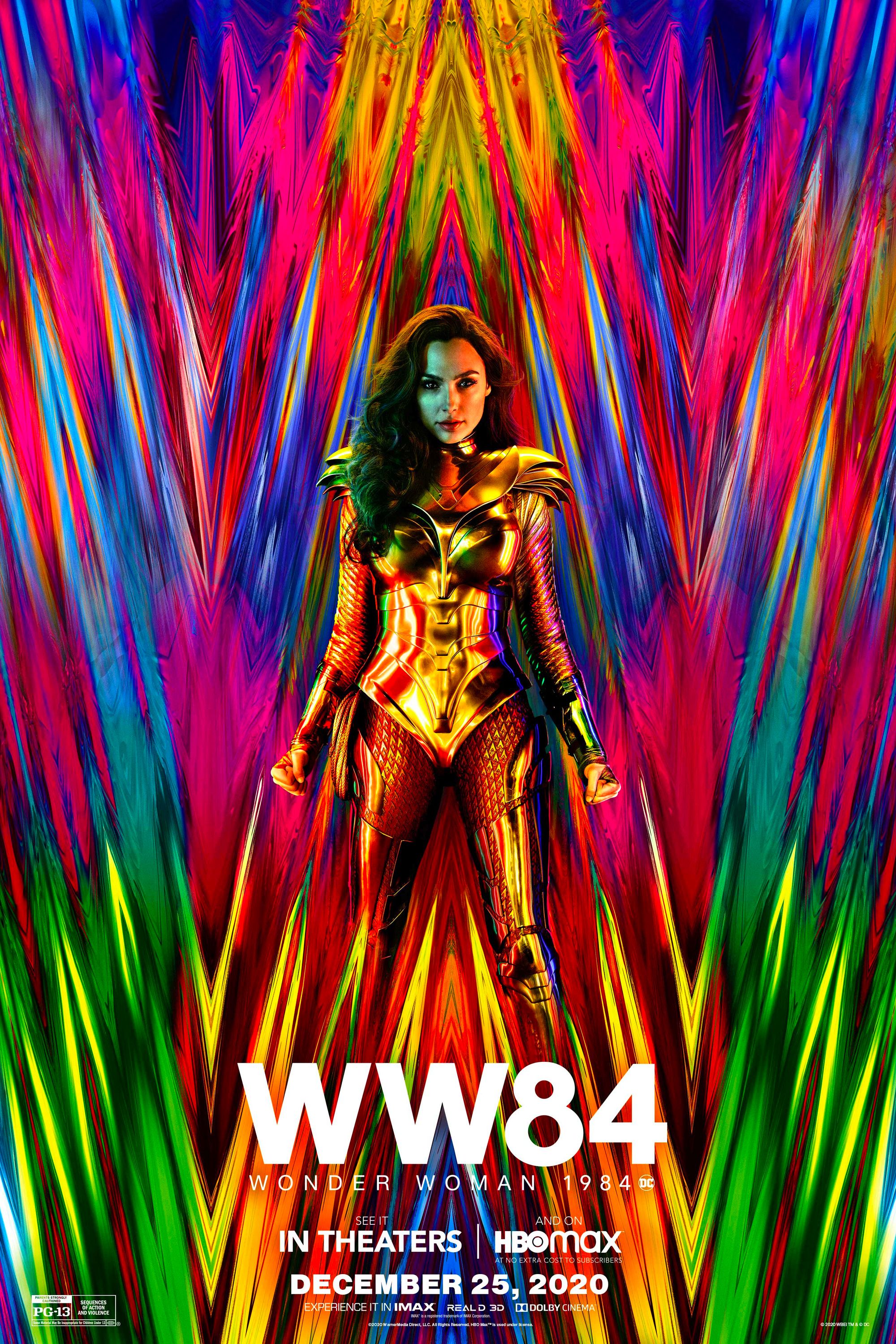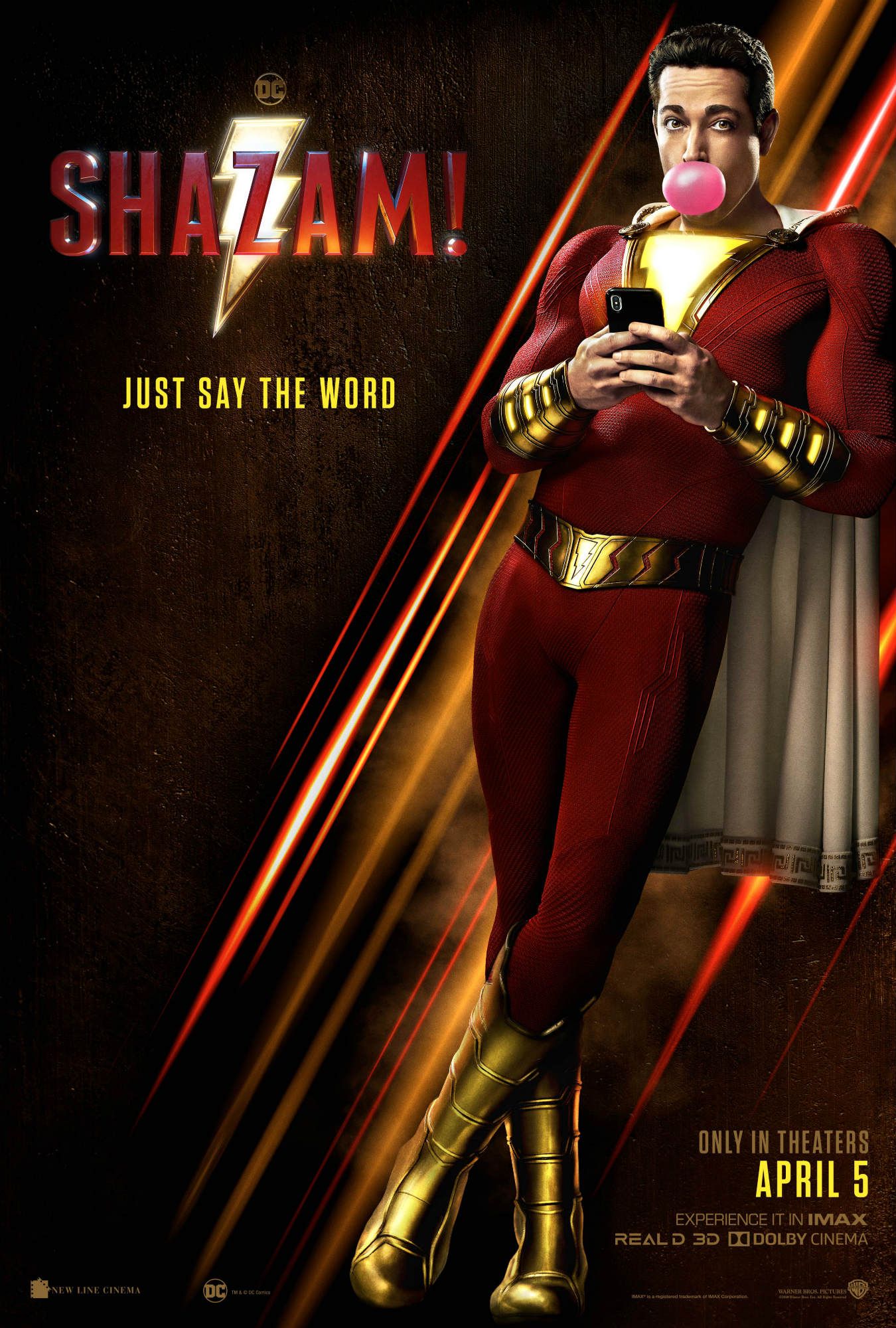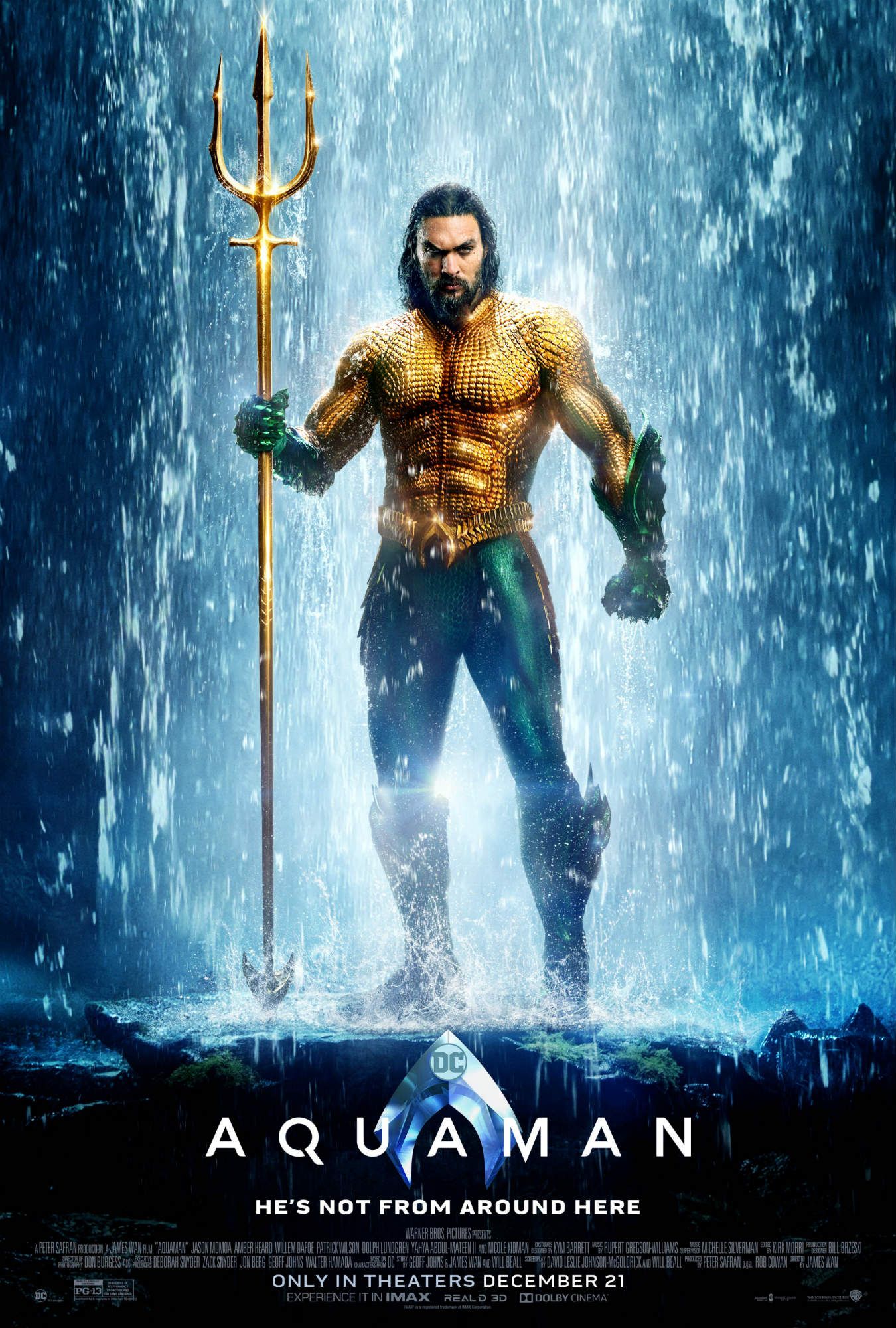Lucasfilm could stand to learn some important lessons from the DCEU. The studio has had a polarizing year. Star Wars: The Last Jedi may have grossed over $1.3 billion at the global box office, but the film divided the fanbase. Solo's box office performance has been shockingly poor; when the movie leaves cinemas, it's expected to have failed to recoup its budget by over $50 million. Right now, Lucasilm is desperately attempting to work out what lessons need to be learned. The fate of the anthology films is uncertain, and Disney and Lucasfilm are reportedly done taking risks on up-and-coming directors.
Marvel Studios make it look so easy, but it's becoming clear that it takes a lot of skill and hard work to build an effective cinematic universe. Lucasfilm is hardly the first studio to struggle to accomplish this. Universal's "Dark Universe" didn't exactly get off to a good start with last year's The Mummy. Lucasfilm isn't in nearly such troubled waters, with 3 bona fide box office smashes under its belt post-Disney, but the fumbling of Solo raises a number of major question marks over the universe's path forward.
The studio whose difficulties have been most well-documented is undoubtedly Warner Bros., whose nascent DCEU launched to controversy and critical derision. Over the course of the last year, Warner Bros. seem to have gotten things under control, and there's now a growing sense of direction and momentum to the DCEU. The studio is reportedly confident of Aquaman, which is due to release in December; marketing for Shazam! is on-brand, and there's a positive buzz about the film; and the Wonder Woman brand has simply never been this strong.
Related: The DCEU is Finally Generating Good Post-Justice League Buzz
Having learned a number of difficult lessons the hard way, Warner Bros. experience could actually prove really valuable to Lucasfilm, in that it would show the studio exactly what to focus on. So let's examine the lessons that Lucasfilm could learn from the DCEU.
This Page: Not All Movies Have To Be Blockbusters
Next Page: The Right Directors - and the Right Marketing
Not All Movies Have To Be Giant Blockbusters
This is the first, and possibly the most important lesson: not every film in a shared cinematic universe has to be a tentpole blockbuster hit. Warner Bros. didn't initially understand this initially, pouring far more money into each movie (other than Wonder Woman) than it needed. While Justice League was the first financial failure of the franchise, most of the previous movies (excluding Wonder Woman, again) were running a far slimmer margin than their reasonable box office takes would suggest.
In theory, Lucasfilm's Star Wars plans should have avoided the mistake. After all, the anthology films are essentially spinoffs from the main Star Wars Saga, largely irrelevant to the ongoing narrative of the beloved Galaxy Far, Far Away. Does it really matter how the Death Star plans were obtained? And do we really need to see how Han Solo rescued Chewbacca? Ironically, though, the anthologies became a victim of their own success. Rogue One grossed over $1 billion in the global box office, and that seems to have persuaded Lucasfilm and Disney that any Star Wars film was simply destined to make bank. The studio had the same kind of expectations for its anthologies as it did for the Star Wars Episodes.
Given that's the case, the box office failure of Solo may well actually be a necessary wake-up call - the same one the DCEU received through the controversy over Batman V Superman and Justice League. It's time for Lucasfilm to begin making mid-budget Star Wars movies, ones that have more realistic box office goals. Those lower-budget films can add a range of tones and styles to the ever-growing Star Wars universe. Even Solo, while it underperformed, is a worthy candidate for a smaller budget. In fact, if the studio had stuck to the original budget, Solo might have actually squeaked into the black.
Next Page: The Right Directors - and the Right Marketing
Don't Stick to a Single Tone
The early DCEU was characterized mostly by the intense visual voice of director Zack Snyder. This proved intensely divisive, and the last few years have seen the DCEU attempt to pivot away from that. Joss Whedon's Justice League reshoots - as problematic as they may have been - were essentially focused on giving the DCEU a new, lighter tone. The films that are currently in the works seem fantastically diverse. Aquaman looks positively intense, with a villain who's deliberately evocative of modern eco-warriors so as to create a real-world parallel. Shazam!, in contrast, recently revealed its first poster; an image of the hero drinking from a straw. It's clearly a far lighter film than Aquaman, with a rich vein in comedy.
So far, Lucasfilm's Star Wars movies have all tried to evoke the same sense of tone and style. Imagine if Solo had been a little bit different, an Oceans 11 style crime movie about a gang gathering together in order to commit what they considered to be the crime of the century. It's true that Lucasfilm diversified a little with The Last Jedi, but that proved to be quite polarizing. There's a tonal disjoint between those two films that's frankly rather surprising. Lucasfilm would be wiser to focus on a single tone and style for the tentpole Episodes, while allowing the anthologies to become far more experimental. Benioff and Weiss's mysterious new Star Wars franchise could have a tone all of its own, as could Rian Johnson's new Star Wars trilogy.
Related: Solo Is A Box Office Failure Because Lucasfilm Forgot To Try
Diversity in Filmmakers
The greatest success story in the DCEU so far is undoubtedly Patty Jenkins's Wonder Woman, which was adored by fans and critics alike. Wonder Woman shattered the glass ceiling for female superheroes, and proved that female directors can run action franchises just as well as men. Warner Bros. has gone on to sign up directors like James Wan, an Australian who's of Malaysian Chinese descent. Although we haven't yet seen a trailer for Aquaman - that's due to debut at SDCC 2018 - the film looks wonderfully atmospheric, and tonally unique when compared to the rest of the DCEU.
Lucasfilm, however, has a major problem when it comes to diversity. The studio may be attempting to create more diverse heroes on the big screen, but they still tend to only hire white men. In the 41 years of the Star Wars franchise, 96 percent of writers and directors hired by Lucasfilm have been white males. In fact, Leigh Brackett, who received a screenplay credit for The Empire Strikes Back in 1980, was the only Star Wars writer or director not to be a white man. Now, it's true that the post-2012 movies have made great strides in diversifying the production crew; but we're talking about actually creating the opportunity for a diverse vision, which means embracing diversity among a movie's producers, writers, and directors.
Controlling the Narrative
The early DCEU was dogged by controversy, and Warner Bros. essentially had a PR nightmare. Most DC news didn't come from official announcements, but rather from leaks and various scoops. Frustrated insiders began to vent, and every single behind-the-scenes conflict became public knowledge. All this fed into a very frustrating narrative, that the DCEU was in a constant state of chaos, with Warner Bros. execs unsure exactly what it was they wanted the DCEU to be in the first place.
There's a sense in which this problem still remains; Warner Bros. struggled to control the narrative over last year's Justice League, where all anybody wanted to talk about was the Zack Snyder cut. But things have improved dramatically. We haven't had any tales of problems on the set of Aquaman, and the film's marketing has gotten off to a great start. Warner Bros. is carefully fanning the flames of interest for Wonder Woman 2, releasing set photos, allowing set videos to be distributed, and even giving viewers a glimpse of Gal Gadot in costume less than a week after the movie had started filming.
Related: Warner Bros. Should Move Aquaman's Release Date Forward
Solo saw Lucasfilm lose control of the narrative. The departure of Phil Lord and Chris Miller fed into a story of behind-the-scenes chaos, one that Ron Howard struggled to dispel. He did a good job of keeping Solo in the spotlight, sharing countless enigmatic set photos on social media. But unfortunately, he wasn't backed up by a strong marketing push. Disney reportedly refused to allow Lucasfilm to market Solo until only three months before the film was due to air. Their rationale was that they didn't want Solo to compete with Marvel's Avengers: Infinity War, another Disney film. In the absence of official marketing, there could only ever be two possible outcomes; either the fans would themselves set the narrative, or - worse still - there'd be no narrative, no conversation at all about the movie. The latter proved to be true.
That's the fourth and final lesson Lucasfilm could do to learn from Warner Bros.. Controlling the narrative about your movies is not an optional extra when it comes to a shared universe. Right now, Lucasfilm has fallen into the same trap Warner Bros. fell into in the early years of the DCEU. As the studio attempts to pivot, we're being treated to conflicting reports of just what it is they're going to choose to do. Is the Obi-Wan Kenobi spinoff canceled altogether, or will it wind up on Disney's streaming service? Are the anthologies dead, or are scripts still being written up? We don't know, and as a result the narrative is out of control. It doesn't help that Lucasilm is effectively on a PR hiatus right now. There's no Star Wars Celebration 2018, Lucasfilm will have minimal presence at SDCC, and marketing for the next film won't kick off until next year. It would be all too easy for Lucasfilm execs to keep their heads down while they decide what to do, but they need to realize that either they set the narrative - or they risk struggling to regain control of it again.

